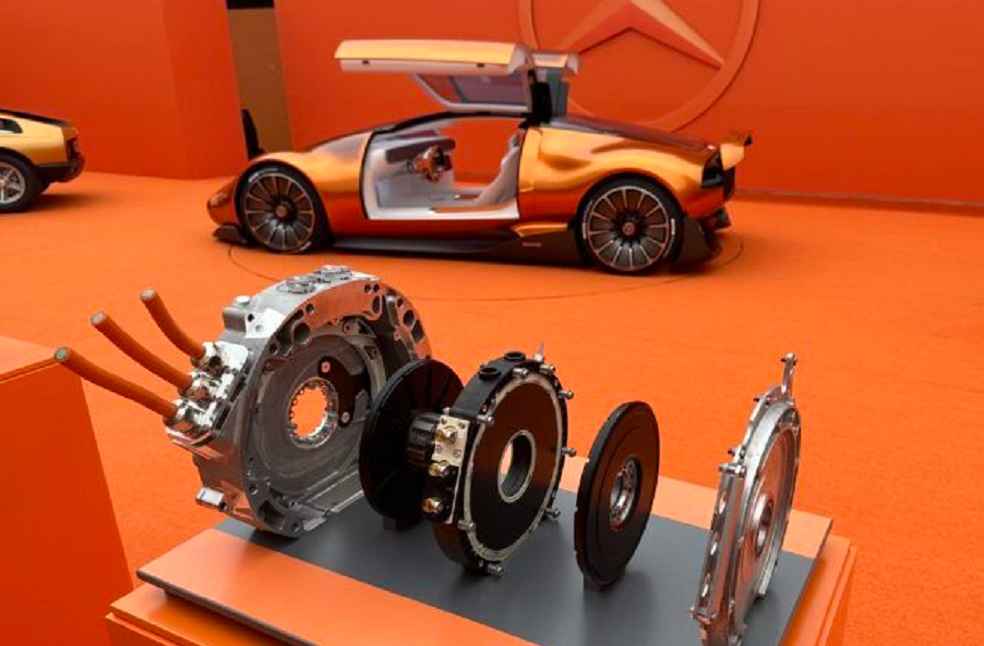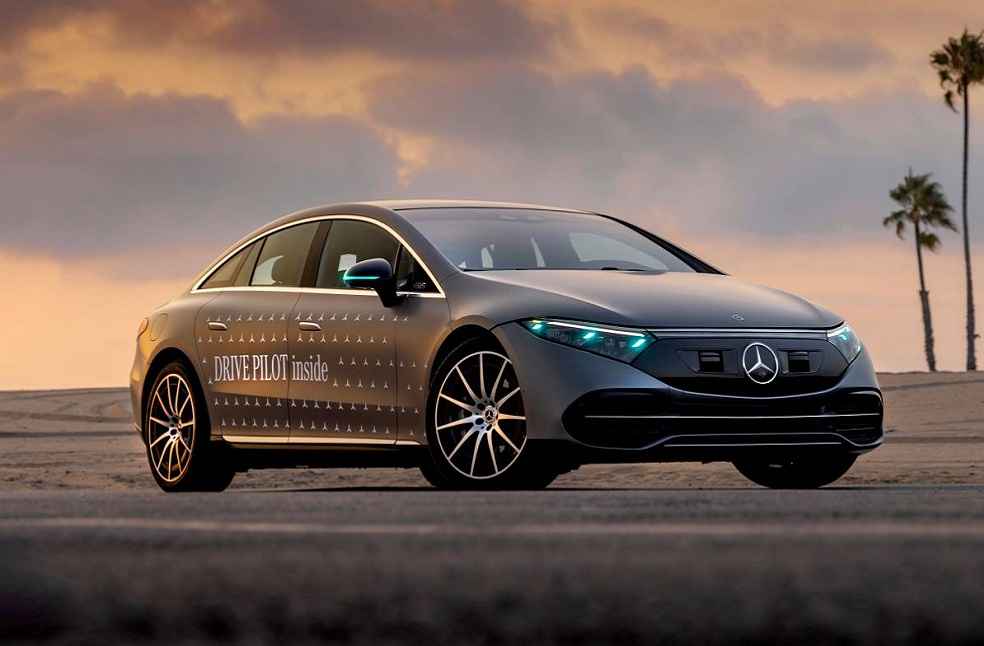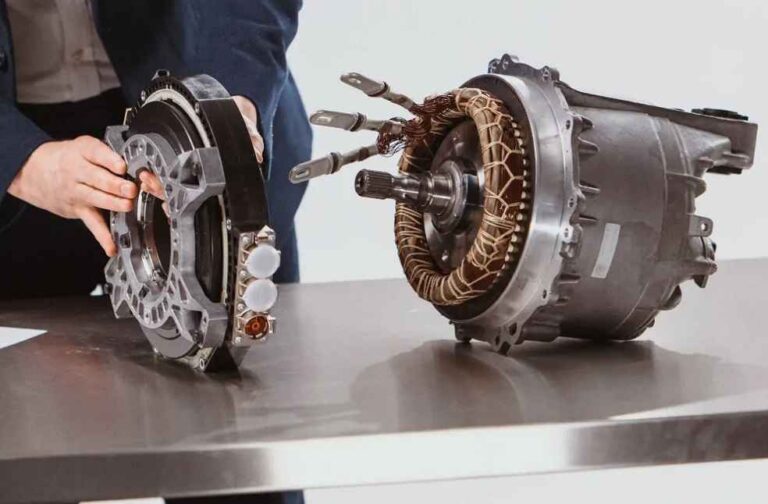British firm Yasa Motors, a subsidiary of Mercedes-Benz, has developed what it claims to be the most powerful electric motor ever created relative to its weight. Weighing just 13.1 kg and delivering an astounding 738 horsepower, the new motor sets a record-breaking benchmark in power-to-weight performance, marking a major milestone not only for the automotive sector but also for the wider global machine-building industry.
With a power-to-weight ratio of 56 horsepower per kilogram, the innovation far surpasses the current industry norm of 20 hp/kg. It also overtakes the previous record holder, the Australian Equipmake HPM-400, which achieved 54 hp/kg but weighed 40 kg and was primarily used in aerospace and marine applications. Unlike its predecessor, the Yasa motor is tailored for mass deployment within the automotive industry.

Crucially, Yasa achieved this engineering feat without relying on rare or costly materials. The motor was built without cobalt-iron laminates, faceted wires, or 3D-printed components, choices that significantly lower production costs and enhance scalability. This positions the motor as a viable option for mass production and integration into commercial electric vehicles.
Testing of the motor was conducted last week at a UK proving ground. Pending final project approval, Yasa Motors intends to manufacture up to 50,000 units annually at its Oxfordshire facility. The output will cater not only to Mercedes-Benz’s internal demands but also to third-party manufacturers.

Yasa is no stranger to high-performance engineering, having supplied electric motors for elite vehicles such as the Koenigsegg Regera and the Ferrari SF90 Stradale. With this new innovation, the company aims to broaden its market reach, making its advanced technology accessible to a larger segment of the automotive industry.
Although the record has yet to receive official certification, Yasa views the development as a significant leap forward in electric motor design. The company believes it could usher in a new era where lightweight, compact, and highly efficient electric powertrains redefine vehicle performance.
The new motor is expected to play a key role in future Mercedes-Benz models and potentially other brands seeking to enhance vehicle dynamics, boost energy efficiency, and extend range by reducing overall weight.
GENERAL | Leapmotor UK Launches EV Grant, Slashes Prices up to £3,750





